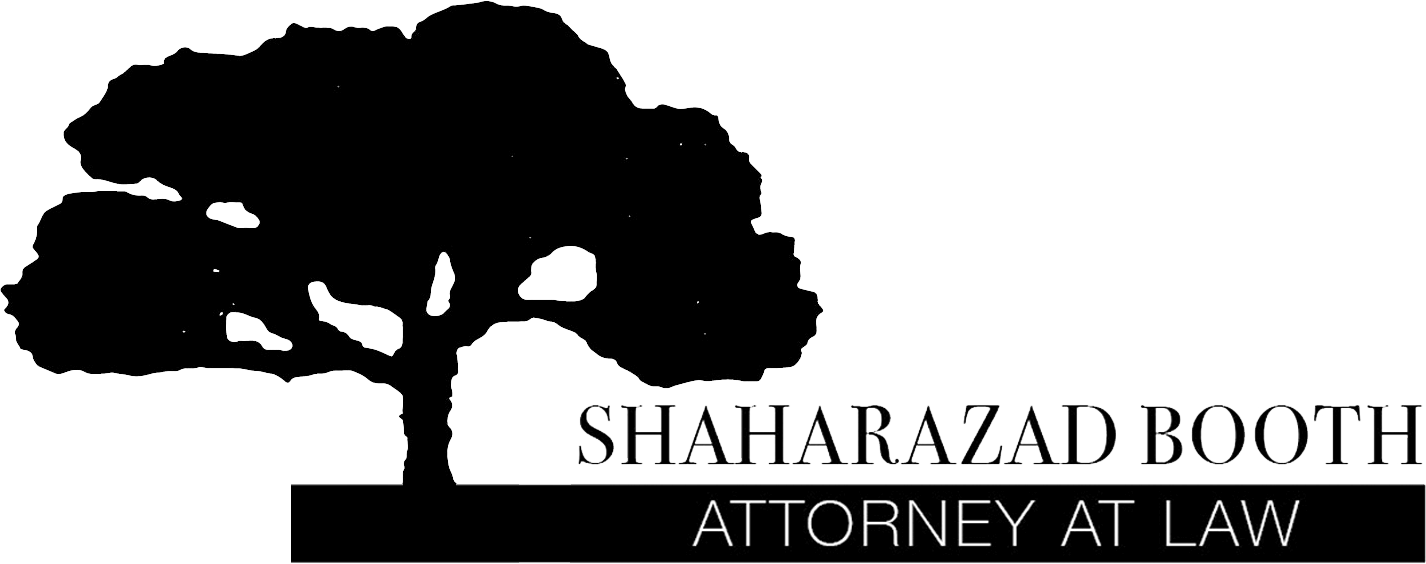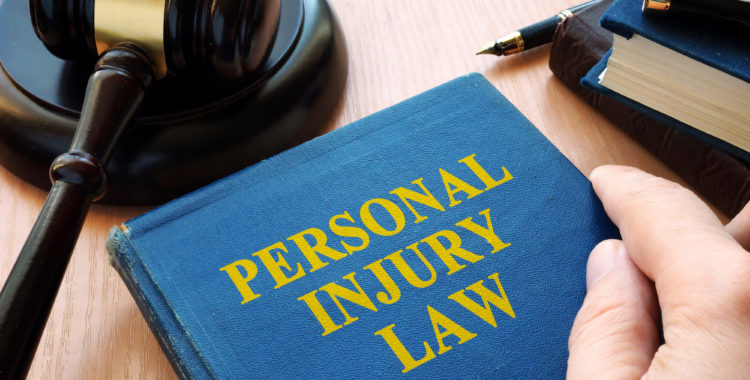What is Considered to be a Personal Injury?
Personal injury law involves cases in which a person is injured through the negligence, recklessness, or intentional wrongdoing of another person or party.
Each state has laws that govern personal injury cases. These include the legal requirements to prove liability, the damages that can be awarded in a personal injury lawsuit, and the deadlines for filing a personal injury lawsuit. Explore this article for more details about personal injury law, including how to define it and what is considered a personal injury.
What is considered a personal injury?
Personal injury is harm suffered by a person because of the wrongdoing or negligence of another party. One source states that personal injury concerns injury to the “body, mind, or emotions.”
The injury typically arises from someone’s unintentional actions, although that is not always the case. A personal injury claim can also involve intentional harm or what is known as strict liability, in which case the injured person does not need to establish that the other party was negligent. Personal injury cases can involve incidents as varied as car accidents, medical malpractice, defective products, slip and fall accidents, animal attacks, and intentional acts of violence or abuse.
This is not an exhaustive list of the many incidents that may lead to personal injury. If you were injured and someone else was responsible, then you may be entitled to compensation. Personal injury law is concerned with providing that compensation.
Proving fault and liability in a personal injury claim
Many personal injury claims involve negligent behavior. If your personal injury claim is based on someone else’s negligence, you will need to show that the other person was at fault. Proving negligence involves five elements: duty of care, breach of duty, actual causation, proximate causation, and actual damages.
Duty and breach of duty
To prove negligence, you must establish that a relationship existed between you and the other party that is recognizable by law, that that relationship required the other party to behave in a particular manner, and that the other party failed to exercise reasonable care. For example, all drivers have a duty to operate a motor vehicle safely and with regard to others on the road. When a driver is speeding or driving while intoxicated, the law may consider those actions a breach of the duty to operate the vehicle in a way that does not place other people in danger.
Causation
Causation has two elements. First, if someone acted negligently, you have to prove that his or her action was the actual cause of your injury. Lawyers sometimes call this “but-for” causation: but for the other person’s action, your injury would not have occurred. The degree to which someone can be considered responsible for your injury, though, is limited by other elements, including whether the other person could have foreseen the harm that was caused. This is a question of proximate causation, which is the legal cause of an injury.
Damages
Finally, a personal injury case based on negligence must have actual damages. You must demonstrate that you suffered damages and loss because of the injury. Damages are often related to physical injury and could involve such things as medical bills and lost wages.
What damages can I recover in a personal injury case?
The types of damages awarded for a personal injury claim vary by state and by the type of injury. For example, some states limit the amount of compensation you may receive for non-economic damages, such as pain and suffering. Other states limit the amount of compensation you can receive only for certain types of claims, such as claims involving medical malpractice.
Compensation for personal injury claims is typically monetary. Personal injury falls under the heading of civil law, not criminal law, so the party you sue will not be punished with jail time or a serious fine. In very serious cases, punitive damages may be awarded, but that is not typical for a personal injury case.
The amount of compensation you may receive for a personal injury claim depends on several factors, including the severity of your injury. It may also depend on whether you take your case to court or reach a settlement. A good personal injury attorney can help you determine what would be fair compensation, your odds of winning in a trial and the outcomes of similar cases, and the strengths and weaknesses of your (and the other party’s) evidence.
Deadlines to file personal injury lawsuits
All states have statutes of limitations that determine how long you have after your injury to file a lawsuit. If you do not file your personal injury lawsuit before the relevant statute of limitation expires, then you lose your right to sue the other party. Statutes of limitation vary by state and by type of injury. You must be careful that you do not wait too long to pursue a claim, or you could lose your ability to seek compensation.
Contact
Contact a personal injury attorney at Shaharazad McDowell Booth Law as soon as possible after an accident or injury to discuss your situation with a professional. We will investigate the cause of your injury, identify the liable parties, gather evidence to prove fault, and help you document your damages to maximize the recovery of compensation for your claim. Contact Shaharazad McDowell Booth Law today to schedule a consultation.


 Shaharazad McDowell Booth is a criminal, family, and personal injury law attorney who specializes in DWI cases.
Shaharazad McDowell Booth is a criminal, family, and personal injury law attorney who specializes in DWI cases. 


